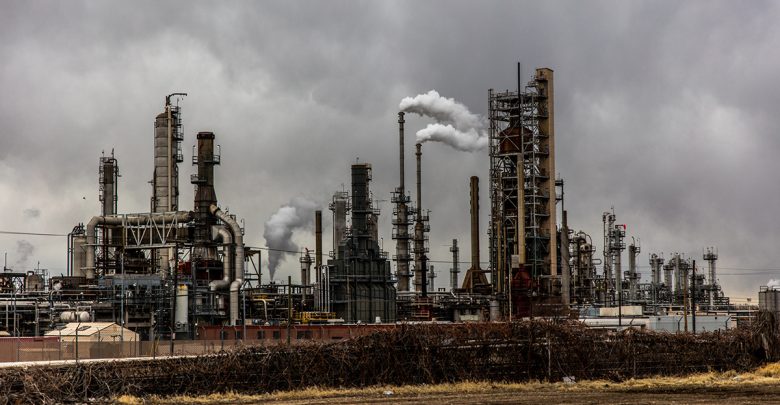U of A study finds fossil fuel industry disproportionately shapes research in Albertan universities
The report documented two decades of governmental and corporate funding for energy and environmental research, and found very little in the way of research focused on renewable energy outcomes.
 Supplied
SuppliedDespite the drastic action needed in the face of the climate crisis, a new study from the University of Alberta’s Parkland Institute demonstrates that Albertan universities continue to disproportionately fund research that favours the oil and gas industry.
The report, titled Knowledge for an Ecologically Sustainable Future? Innovation Policy and Alberta Universities, documents two decades of governmental and corporate funding for energy and environmental research. The study found a surplus of funding for fossil fuel-related research, with much less going to research for renewable energy or related topics like sustainable agriculture.
For Laurie Adkin, a professor of political science at the U of A and the lead author of the report, the findings were something she and her colleagues had experienced anecdotally for years.
“We’ve had 30 years of understanding the climate crisis, even longer,” she said. “We’re not responding to the changing reality, so I wanted to dig into this and give us an empirical picture of the flows of funding over time. ”
Focus on technology will not adequately address climate crisis, Adkin said
Despite her suspicion that fossil fuel research was disproportionately funded prior to the study, the lack of research surrounding sustainable agriculture still came as a surprise to Adkin.
“One of the first places Alberta could grow in terms of a sustainable post-carbon economy is food production,” she said. “It’s not going to be the oil sands. It’s not going to be fracking and the export of natural gas into bitumen. But [sustainable agriculture] is still an area where there’s been so little investment.”
What Adkin found instead was a move to justify investing in fossil fuels on the grounds of efficiency. She provided the example of government and corporate sectors funding research focusing on reducing pollution in oil sands and natural gas extraction projects.
“This is very much a kind of traditional sustainable development discourse that says we can have our cake and eat it too,” Adkin said. “What I’m arguing is actually no, we can’t have our cake and eat it too, there are some serious structural changes that we need to make in the nature of our economy to move away from reliance on fossil fuels.”
For Adkin, a cultural shift is needed in order to adequately address the climate crisis.
“We need to talk about the nature of reduced consumption,” she said. “To redistribute wealth so that we can have sustainable livelihoods and secure incomes. We need to have active and meaningful citizenship, to have people involved in regional planning for this future economy.”
Instead of these more expansive changes, Adkin sees the provincial government overly emphasizing the promise of technology to turn things around.
“We cannot put all of our eggs in the basket of technology. Technology isn’t going to magically make the climate crisis disappear and allow us to go on as if everything else stays the same,” she said.
Adkin hopes the report will help to push the university in the direction of sustainable change.
“We could have really active research bridges and relationships,” she said. “We could have more interdisciplinary work and we could address some of these big problems together. We could be a university that fulfills its mission of serving the public good.”




